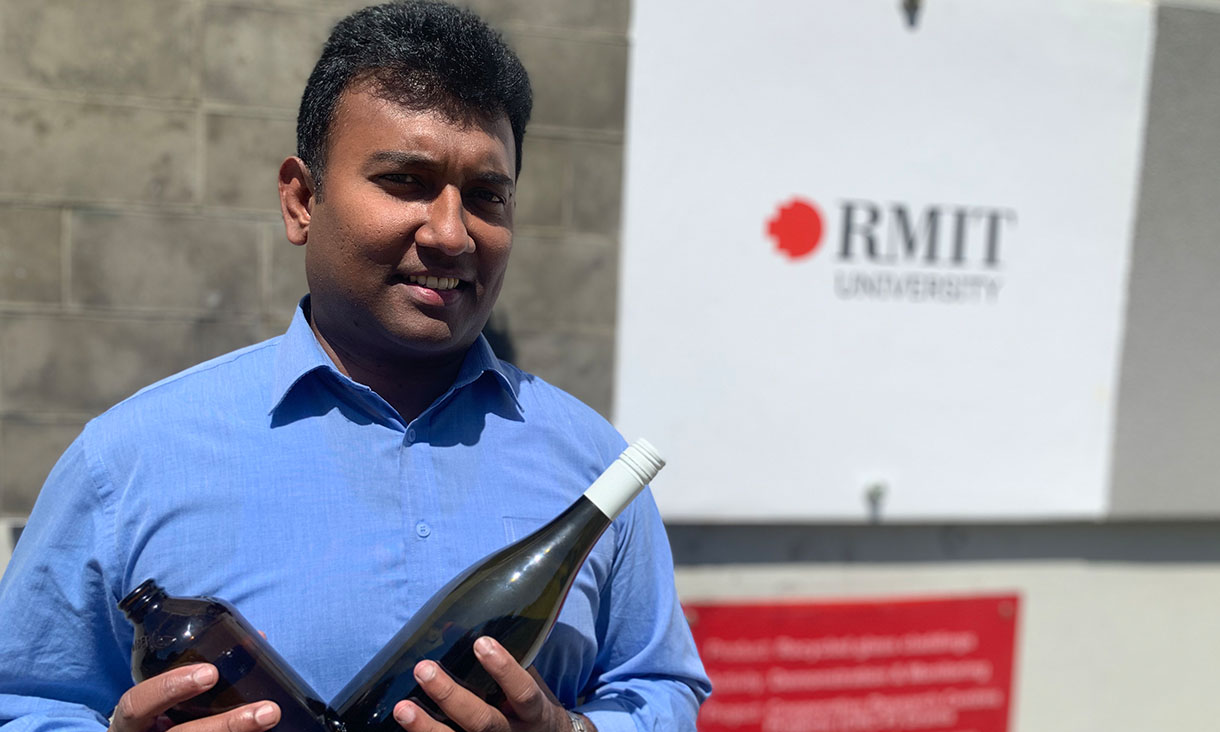Supply chain disruptions have plagued the US economy for the past few years. In great efforts to address the long-term issues, a recent Purdue-led national summit urges actions to fortify the national supply chain.
A national summit led by Purdue University’s eXcellence in Manufacturing and Operations Purdue Engineering Initiative (XMO PEI) united over 250 government, industry, and academia leaders to discuss strategies for strengthening the US supply chain.
The summit was convened in response to the ongoing disruptions that have been affecting businesses and consumers in the aftermath of the pandemic and political events such as 9/11 and the Ukraine-Russian war.
The summit’s key focus was establishing a resilient American supply chain for critical sectors, including defense and space, agriculture and foods, transportation and logistics, semiconductor and microelectronics, and pharmaceuticals.
Ajay Malshe, the R. Eugene and Susie E. Goodson Distinguished Professor of Mechanical Engineering and XMO co-chair highlighted the key to building a resilient supply chain is transforming the “weakest links” into enduring strength.
He particularly emphasized the need to invest in physical, digital, sustainable M&O tools and a skilled workforce in the face of future challenges.
Stephan Biller, the Harold T. Amrine Distinguished Professor of Industrial Engineering and the Daniels School of Business at Purdue University and XMO co-chair, called for a comprehensive approach to innovation and workforce development. He believed that this direction could help build a supply chain that is not only robust but also adaptive and sustainable.
The summit culminated with a seven-point call to action, encompassing the formation of a national coalition, the integration of M&O across research and development, the facilitation of investments in engineering for a resilient supply chain, the construction of an innovation ecosystem for small and medium-sized manufacturers, the establishment of industrial policies and incentives, the prioritization of investments in M&O infrastructure, and the infusion of M&O education into academic programs.






